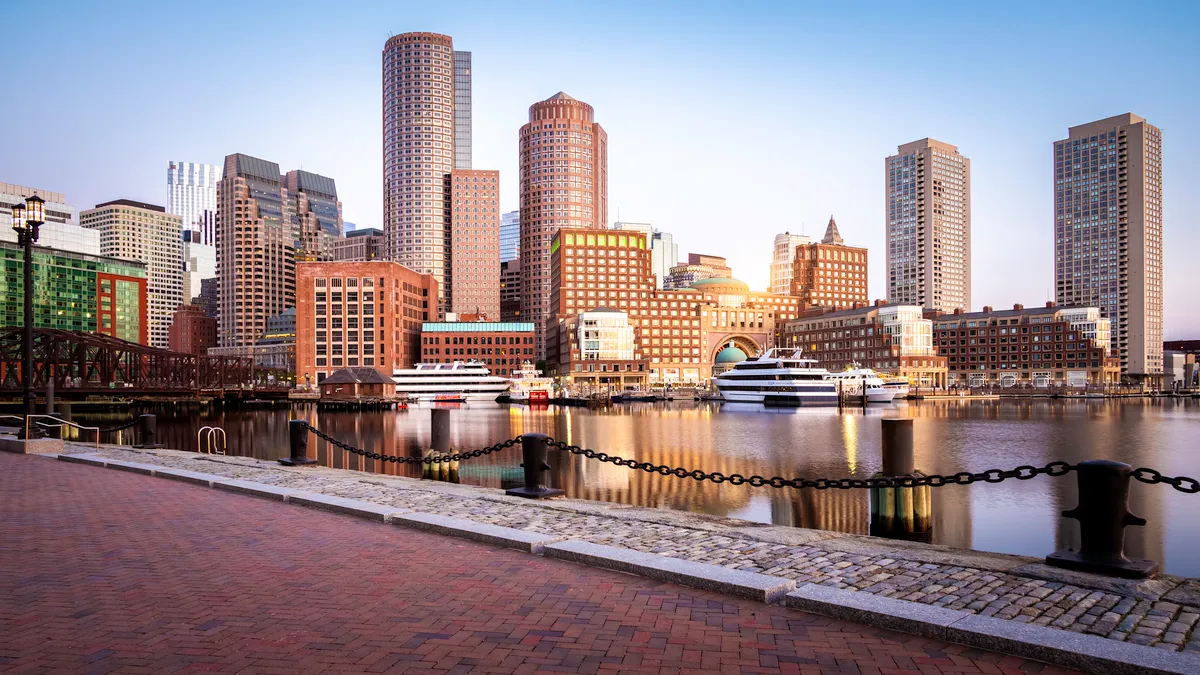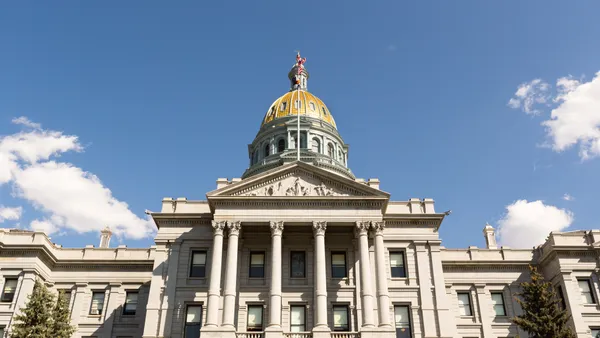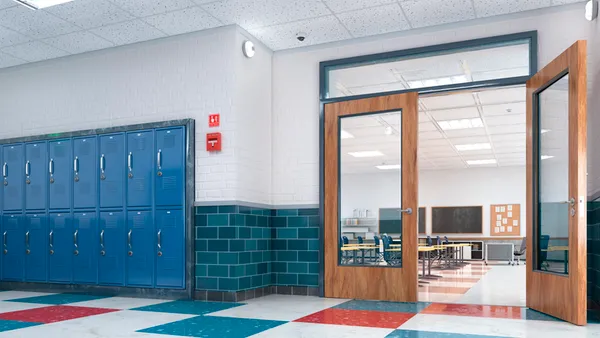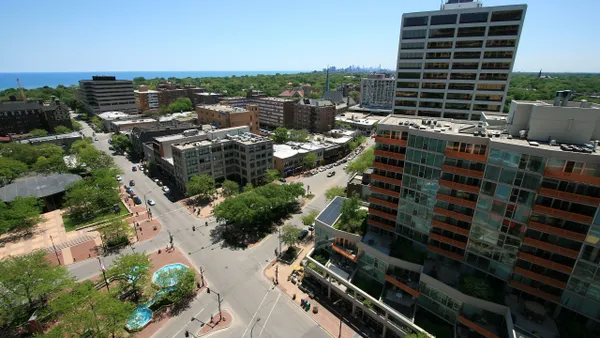The Boston Zoning Commission has approved an amendment to the city’s zoning code that requires most large new buildings to have net-zero carbon emissions from the day they open, according to a release Thursday from Boston Mayor Michelle Wu.
The amendment sets a net-zero emissions standard for new project filings after July 1, 2025, that contain 15 units or more, are a minimum of 20,000 square feet, or add 50,000 square feet or more to existing buildings.
Buildings are the source of nearly 71% of the community’s carbon emissions, according to the release. By adjusting the operational performance requirements of new buildings, Boston can minimize its emissions and impact on the climate, the city said. Buildings can meet the new requirements by methods including reducing their energy use and reliance on fossil fuels and increasing their electrification and renewable energy sources, it said.
Projects must demonstrate compliance with this standard during an existing development review process. Both small and large projects, as defined in that review process, will need to report on embodied carbon; large projects will also be required to conduct an embodied carbon life cycle assessment analysis.
These amendments “build upon and better reflect” updated state building codes and city ordinances, including the Specialized Stretch Energy Code and the Buildings Emissions Reduction and Disclosure Ordinance, or BERDO, the city says. Boston is one of at least 13 U.S. cities that had a building performance standard, or laws that require building owners to meet energy and emissions performance thresholds, in place by early 2024, according to a July report by JLL.
BERDO, which enters its first compliance period this year, initially covers nonresidential buildings spanning 20,000 square feet or more, residential buildings with 15 or more units and any tax parcel with multiple buildings that collectively meet these thresholds, according to the City of Boston’s Department of the Environment. Covered buildings must report their energy and water use every year by May 15, verify reported data with third parties, and comply with annual emissions limits.
Nonresidential buildings of 35,000 square feet or more are required to meet emissions compliance benchmarks starting this year, with BERDO’s compliance period for those between 20,000 to 34,999 square feet slated to begin in 2030, the city says.
The approved net-zero carbon zoning policy excludes projects that are renovations, additions of less than 50,000 square feet, and changes of use, which the press release says is “encouraging large-scale reuse projects that combine energy efficiency upgrades.”
The policy takes a “phased in approach” for hospitals, general manufacturing sites and labs, recognizing their “unique energy and ventilation requirements,” the release says. New labs will not be required to meet net-zero emission limits until 2035, with new hospitals and general manufacturing buildings having until 2045.













